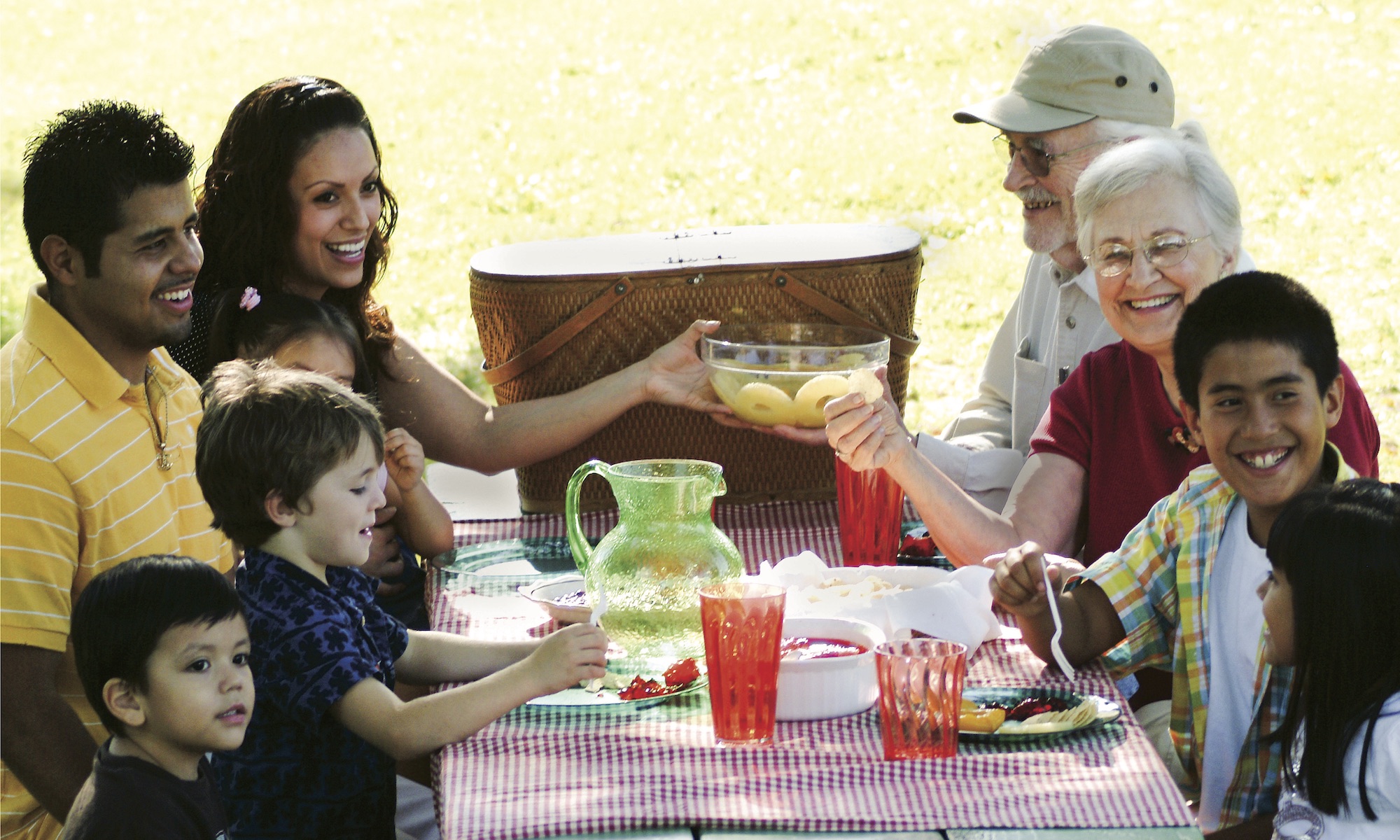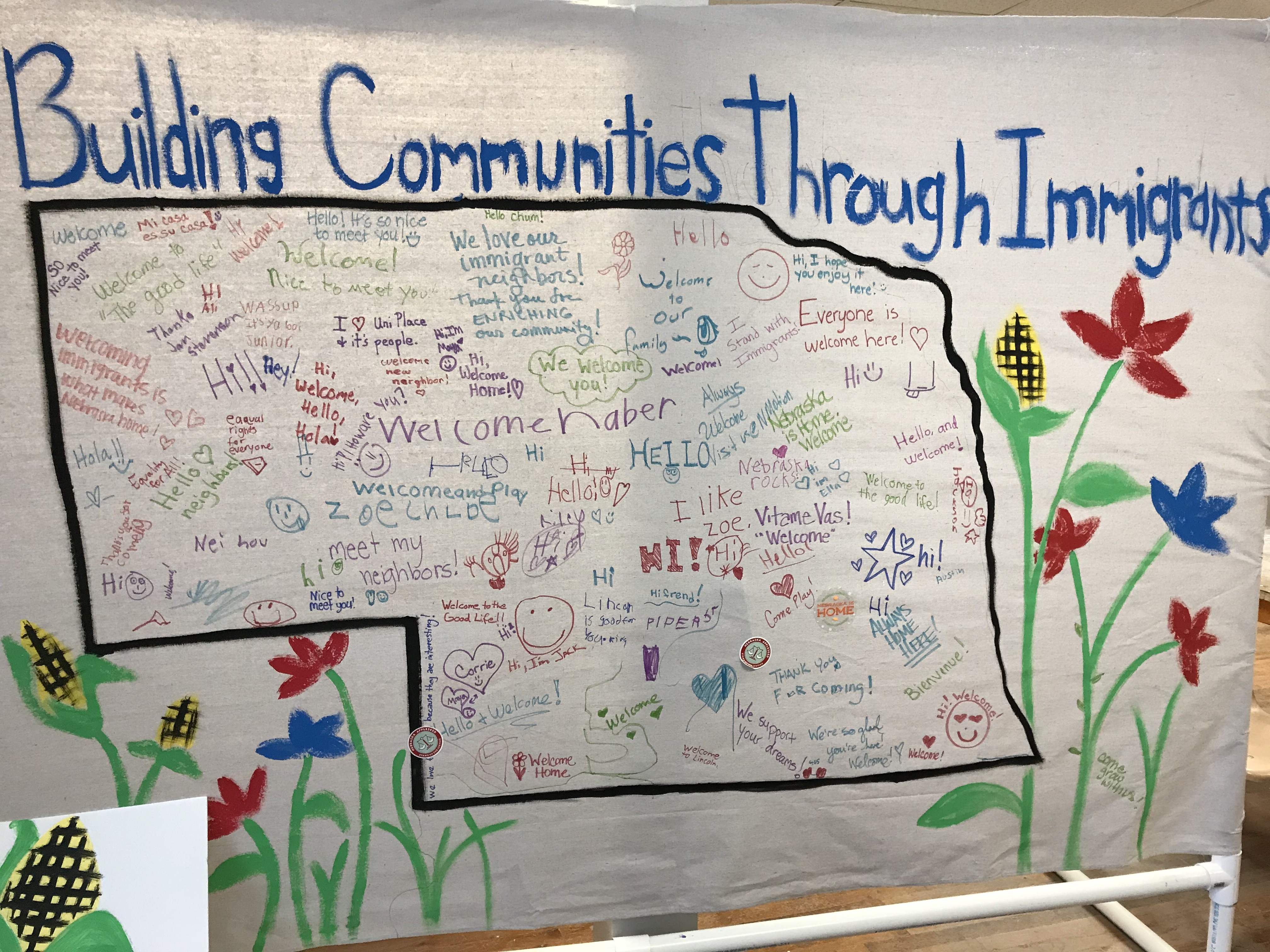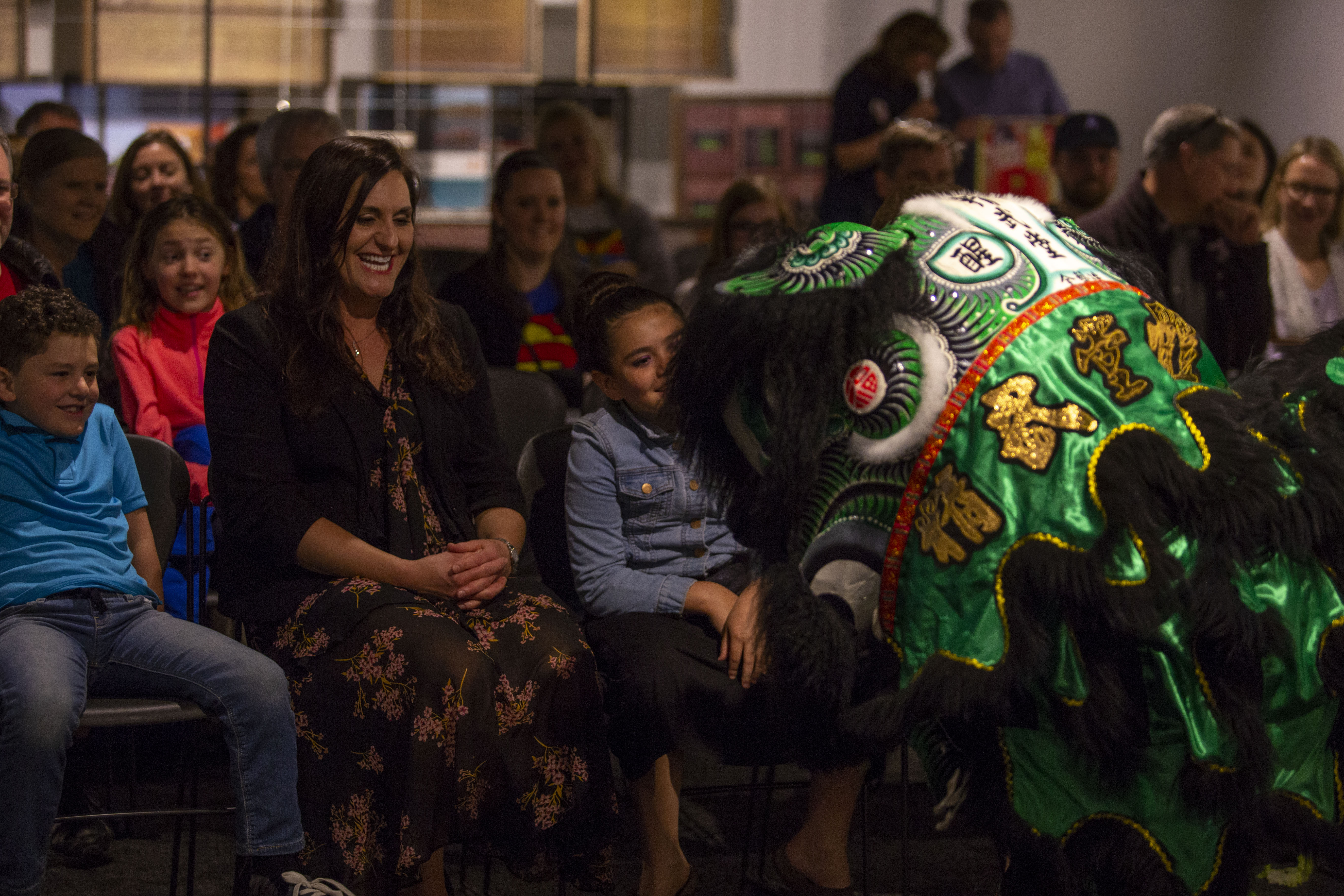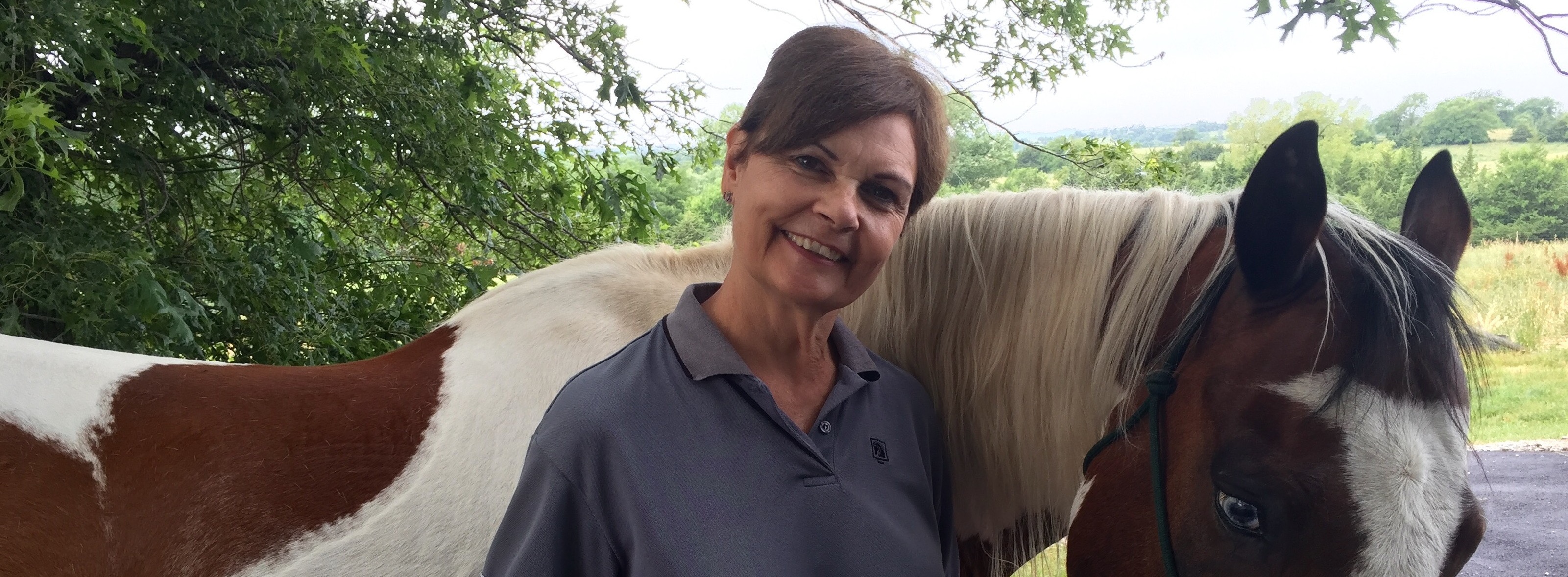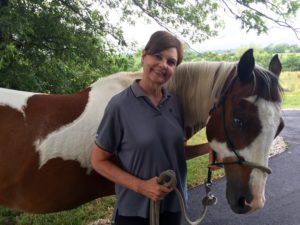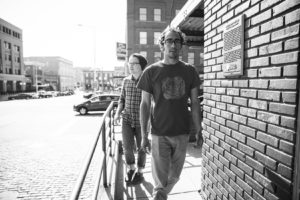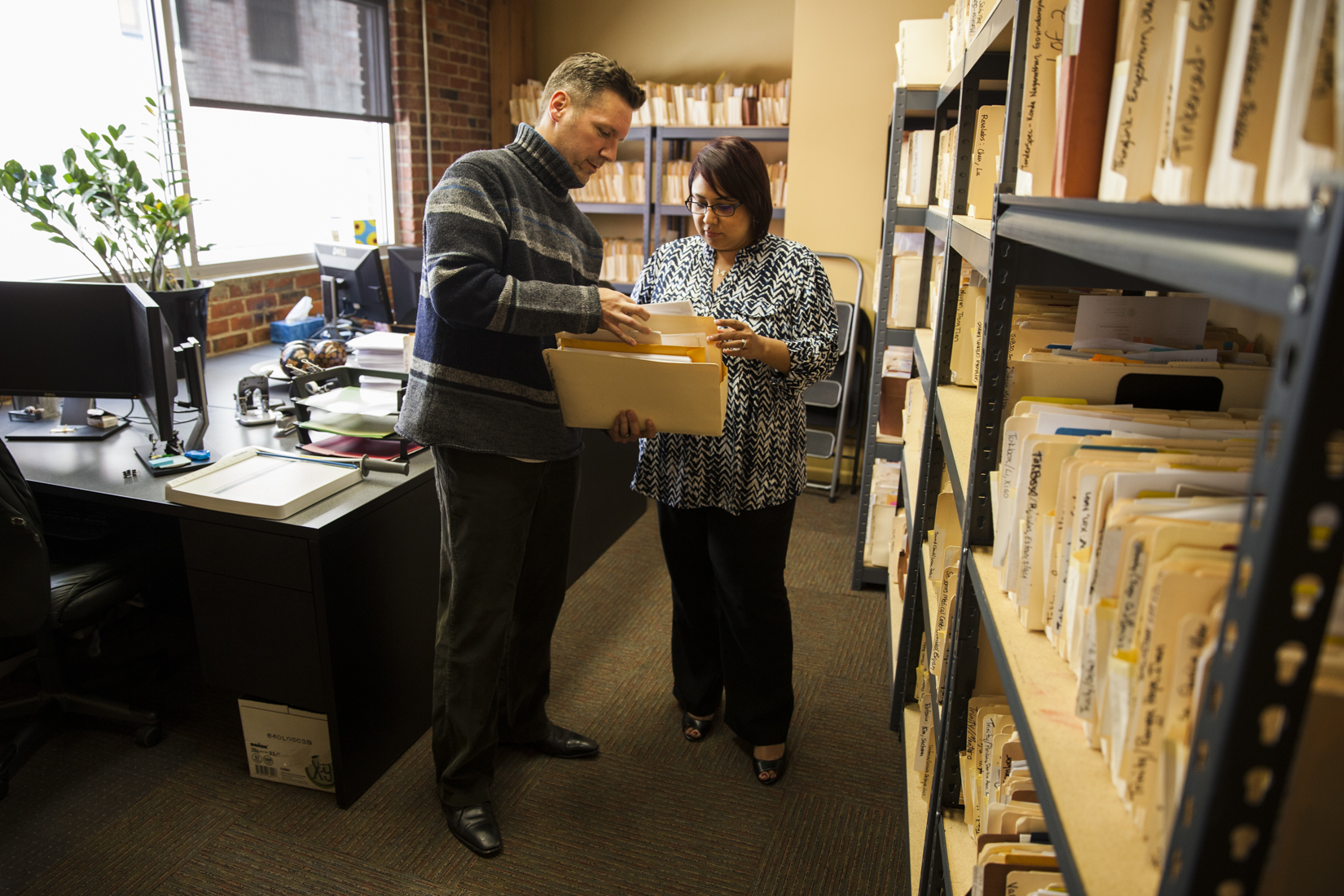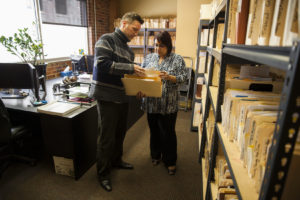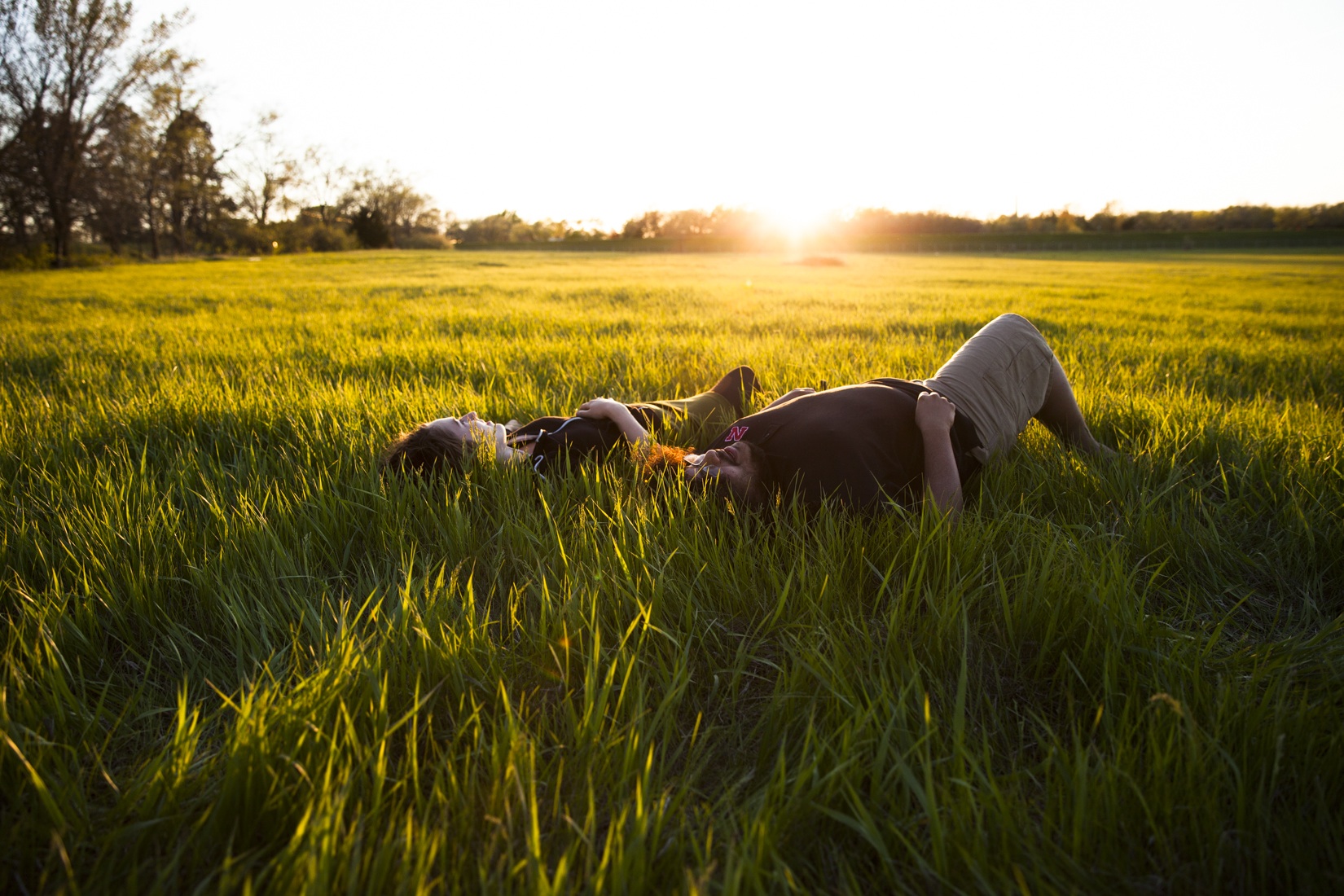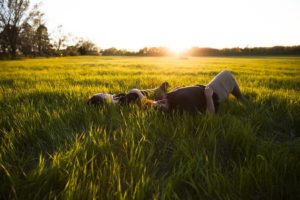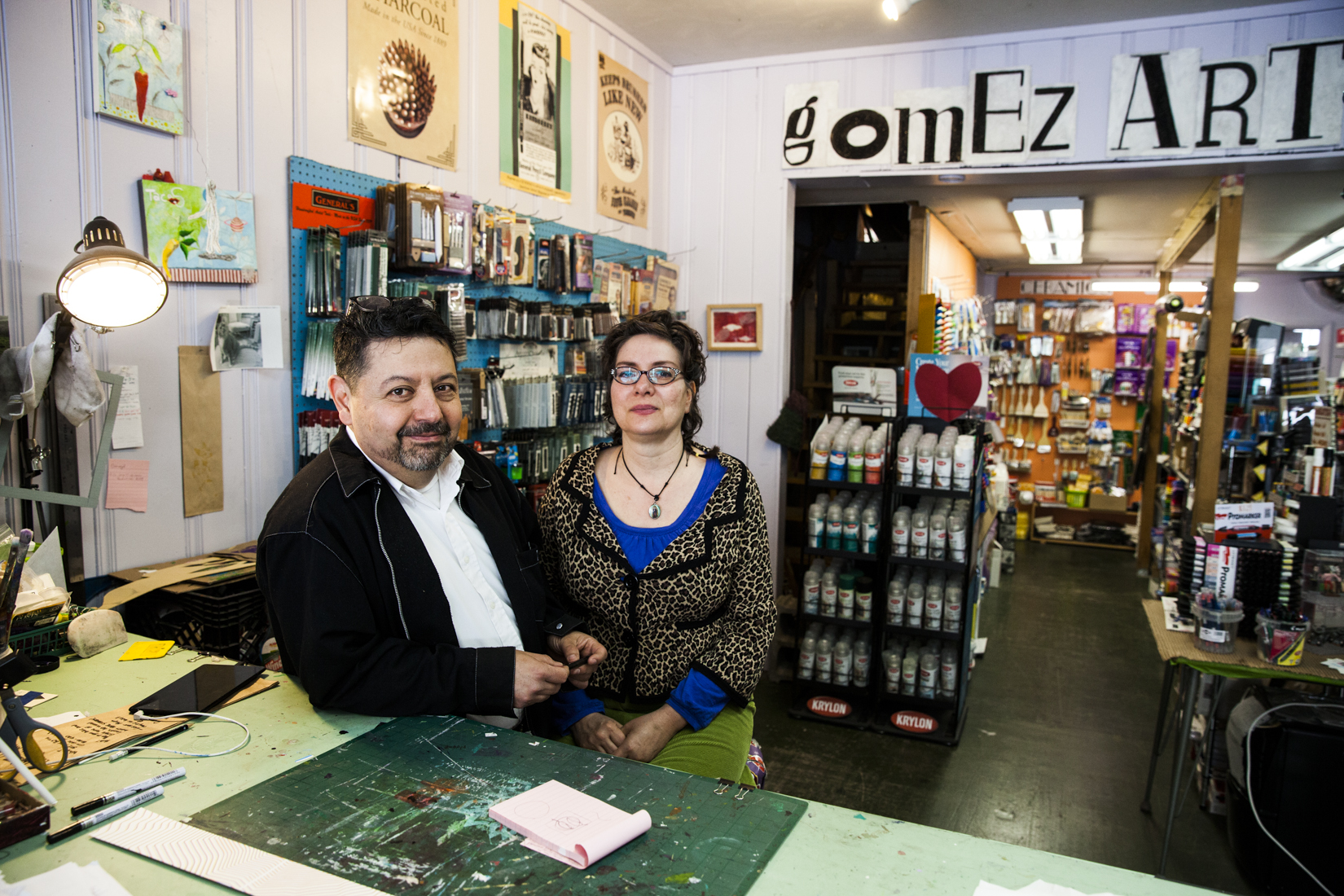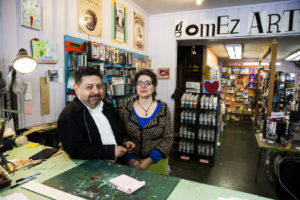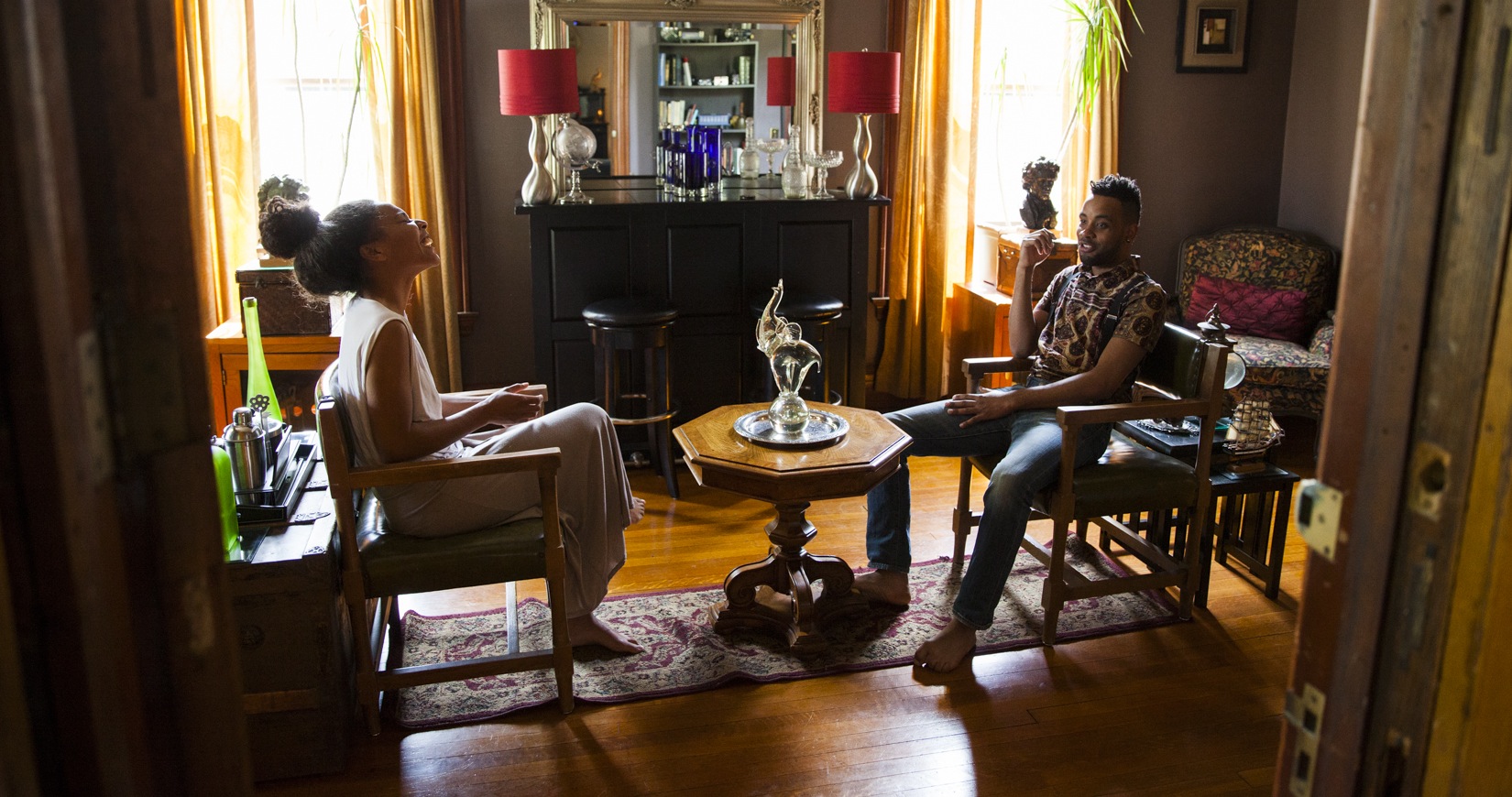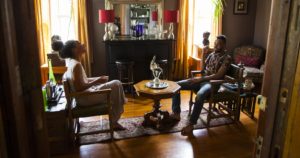June is Immigrant Heritage Month. Throughout the month, we’ll be celebrating both our diversity and our shared American heritage by telling the stories of individuals that, together, comprise a uniquely American narrative.
Seth Mock
My father moved to Des Moines, Iowa, from Africa. Shortly thereafter, the rest of our family followed. We didn’t adapt well to Des Moines. My father learned that the majority of our South Sudanese Community was happy in Nebraska so he moved us to Omaha. I’ve been in Nebraska ever since. The people in Nebraska have been good to me.
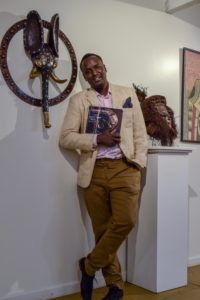
I learned from my father at an early age that I wanted to be a producer of change. My father founded the two largest refugee churches and organizations that helped thousands of refugees inside the refugee camps in Africa. In Omaha, my father also helped found Omaha’s Refugee Empowerment Center, which works directly with the refugees and South Sudanese community. The group he works with has developed many community leaders, and I really valued that.
I wanted to give back to the community in a meaningful way. I worked as a diversity consultant for Omaha Public Schools. Nebraska is home to many refugees from South Sudan, Congo, and many other countries. I enjoyed working with families of diverse backgrounds and helping the district become more inclusive.
Despite the great outcomes of this work, I wanted to do more. The community was lacking a place where Africans could feel at home. Where our youth and women were positively empowered. They were missing a place where some of their deeper needs as a community could be met and our African Heritage could be preserved and exhibited to the public.
I wanted to use art as a vehicle to help youth bring positive change while providing a platform for Nebraskans to experience and celebrate African culture. Unfortunately, it was difficult to do this in Omaha at the time. We couldn’t find the right space at the right price. We looked into the possibilities of starting in Lincoln.
The African community in Lincoln was interested in having more cultural activities. In many ways, because of our persecution as a people, we could also connect with the Yazidi community in Lincoln. We felt that Lincoln was strategic because it’s the capital of Nebraska. Today, the Midwestern African Museum of Art is in downtown Lincoln, next to the University of Nebraska-Lincoln and the Nebraska History Museum.
As a family, my wife Pamela and I have had to make many sacrifices to start the MAMA Culture and Resource Center in Lincoln, including moving our family to Lincoln and finding a new home. Despite these challenges, MAMA is now a non-profit organization that serves a very large, diverse community through various enriching and family-focused programs, and in the process helps Nebraska became a more attractive international destination.
This is the only African art museum in the Midwest and the only one founded by an African immigrant in United States.
With many challenging things happening around the world, MAMA seeks to help bring positive change in our community. When you have a shared understanding, you have something to connect with.
